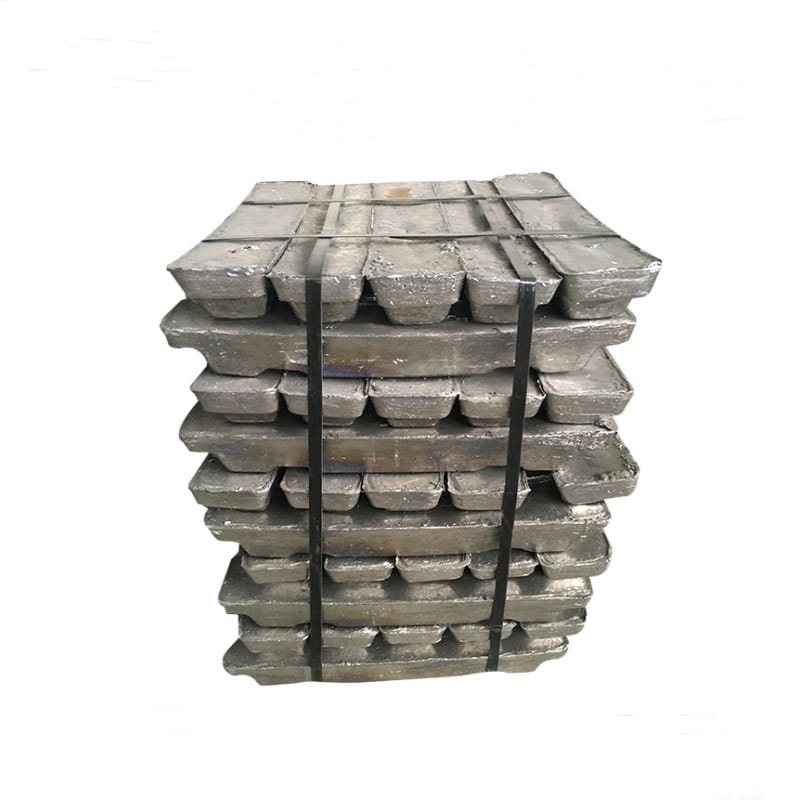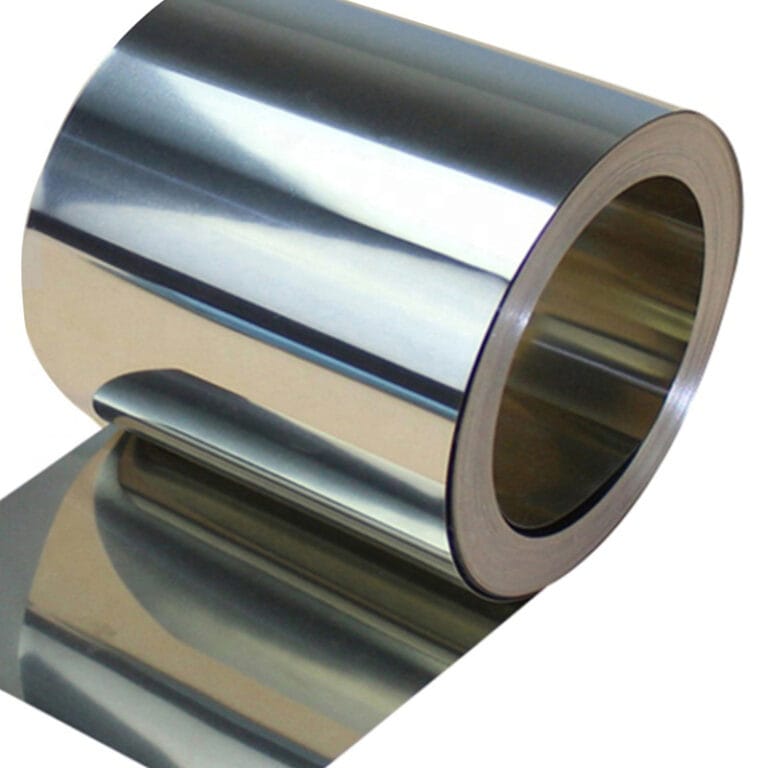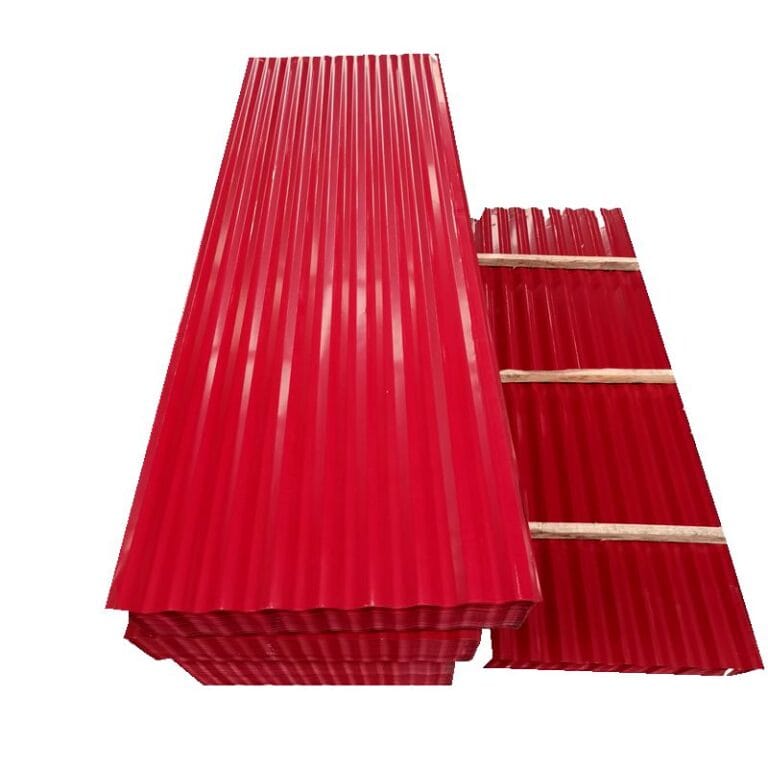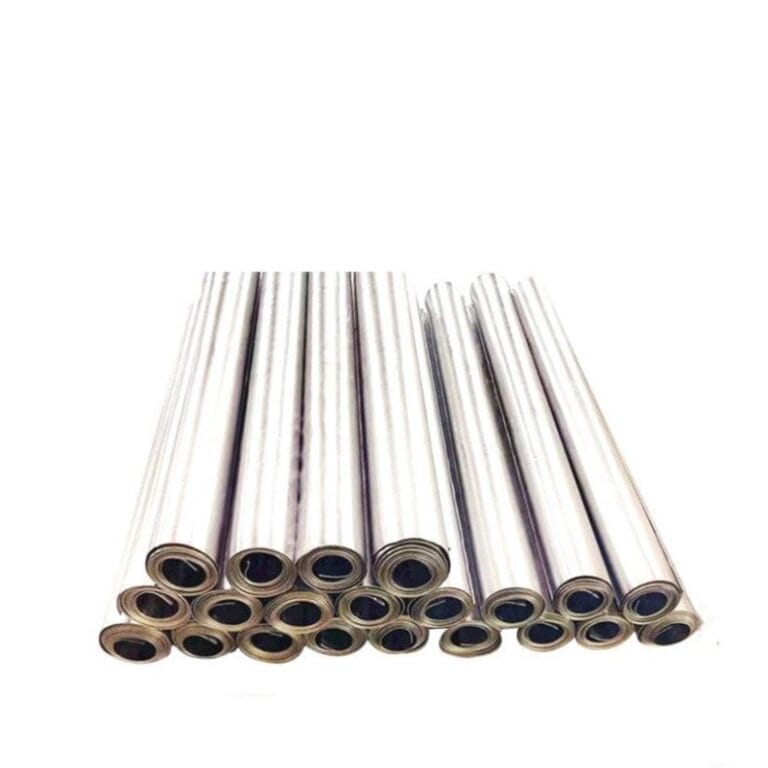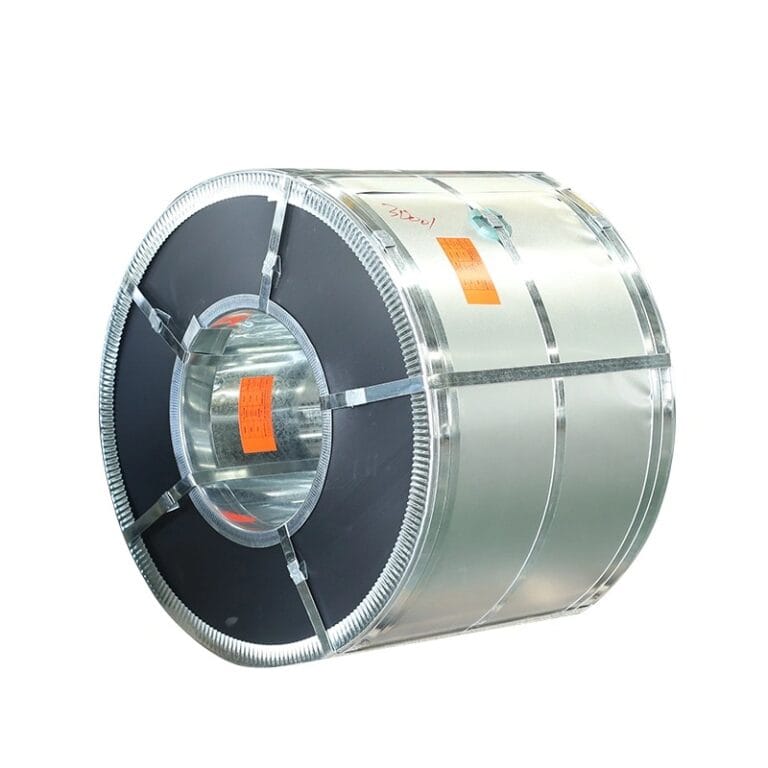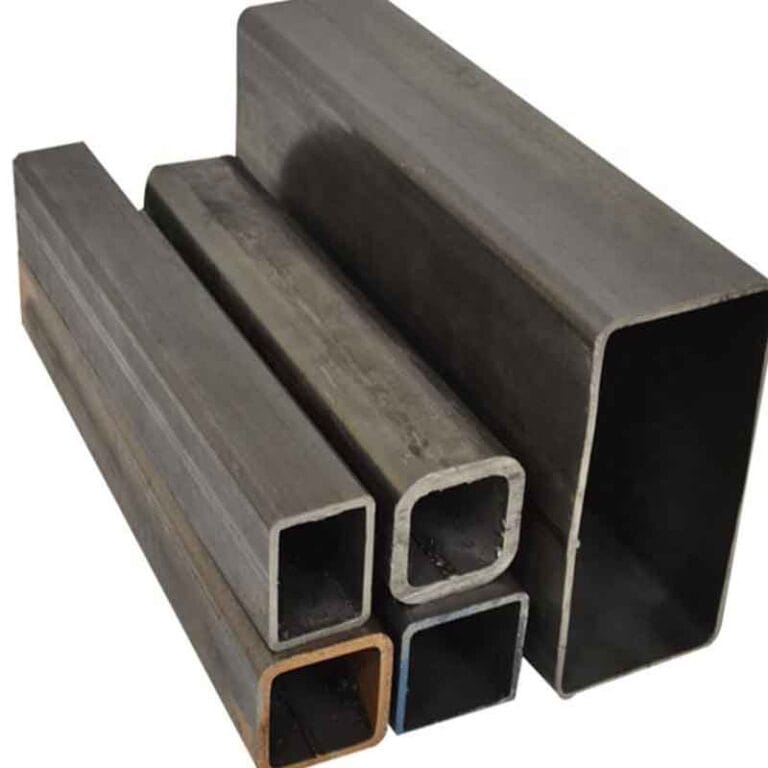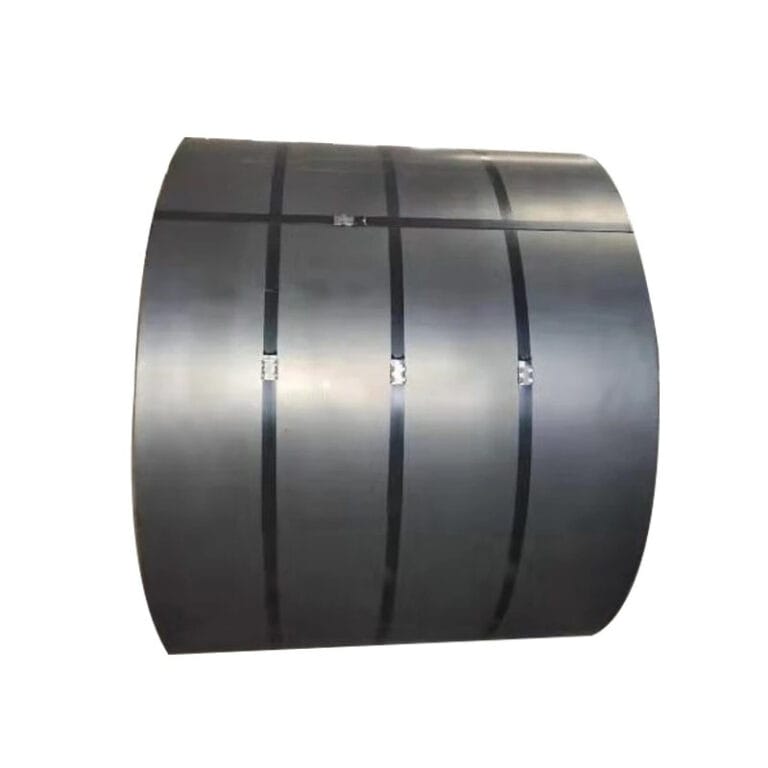Lead ingots
Lead ingots are blocks cast from refined lead, usually in the shape of a cuboid or trapezoid, which is convenient for storage and transportation. Lead ingots are the basic material for lead processing and are widely used in multiple industries.
Main characteristics
High density: The density of lead is 11.34 g/cm³, which is suitable for radiation protection applications.
Corrosion resistance: Good corrosion resistance to a variety of chemicals.
Low melting point: Low melting point (327.5°C), easy to melt and cast.
Application areas
Battery manufacturing: Mainly used in the production of lead-acid batteries.
Radiation protection: Used for radiation shielding in the medical and nuclear industries.
Chemical industry: Used to manufacture corrosion-resistant equipment and pipelines.
Alloy manufacturing: Made into alloys with other metals, such as solder, bearing alloys.
Construction: Used for roof waterproofing and sound insulation materials.
Specifications
Weight: Common lead ingot weights are 25kg, 50kg, 1000kg, etc.
Size: The size varies depending on weight and purpose.
Precautions
Toxicity: Lead is toxic, and protective equipment must be worn when operating.
Environmental protection: Waste lead ingots should be recycled and processed according to regulations.
Storage and transportation
Storage: Place in a dry and ventilated place to avoid corrosion.
Transportation: Prevent collision and friction, and ensure that the packaging is intact.
Lead ingots, as basic industrial materials, are widely used in batteries, radiation protection, chemicals and other fields.

